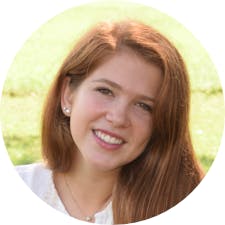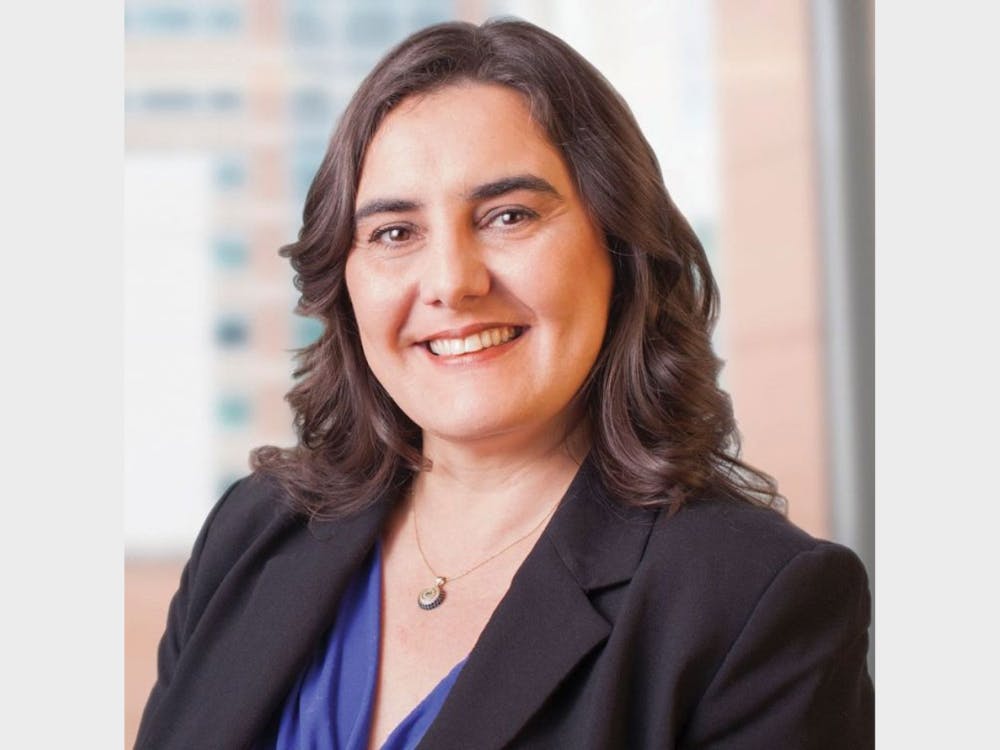Over her three decades in the field of education, Dr. Yakut Gazi’s work has carried her across the globe, in places ranging from Turkey to Texas. Her next home? Durham, North Carolina.
Five months after Provost Sally Kornbluth announced her appointment, Gazi is kicking off the 2022-23 academic year as the first person to hold the position of vice provost for learning innovation and digital education. She heads two major initiatives, Duke Learning Innovation and Duke Continuing Studies, and is responsible for "the development and execution of pedagogical innovation and digital education strategies, youth academic enrichment programs, and continuing education and lifelong learning offerings," per a release.
The Chronicle spoke to her about her unique professional background, the difference between remote education and digital education, and her first month on campus. This interview has been edited for length and clarity.
The Chronicle: What does your role entail, and how do you feel about being the first person to hold it?
Yakut Gazi: Learning Innovation and Continuing Studies are combined under my leadership. Continuing Studies is composed of multiple activities, including pre-college programs, summer semester, nonprofit education and Osher Lifelong Learning Institute, which is a later life activity to allow adults to continue to learn and get affiliated with Duke and have a community.
This is a very interesting moment because at a university like Duke, having this position at the vice provost level is great, and at the same time it puts a lot of responsibility on my shoulders. Being the first creates a lot of opportunity. You get to work with a lot of people to co-create the most meaningful structure and vision for the student.
TC: What do you believe is the role of online learning in an undergraduate education versus in a continuing studies program?
YG: Let me first of all say, my role is not about pushing online learning at the undergraduate level. I am truly committed to the idea that digital education can improve educational outcomes and learning experience for students if it’s used intentionally and intelligently in the design of educational environments.
Online education is a modality. Digital education is an approach to enhancing instruction and learning experience. I see a lot of potential, especially having gone through the pandemic. We were all exposed to the tools, the challenges, the opportunities of digital education.
Let me also make it clear, what we went through during the pandemic was not online education. Online education is an intentional approach to designing a modality that is going to enhance learning. What we went through was just remote education. Emergency remote education.
Digital education as a continuum can really help students improve their learning, and can give the faculty important tools. Digital education can be one percent in a given course, or it can be 100%. Let’s look at this as a continuum rather than making it a debate about online versus residential education. In any course these days, you use technology to some extent.
Things are quite different in continuing education, especially when you are talking about working adults. With the advent of technology and longer lives, we will have to create opportunities for working learners to be able to come back to school easily and upskill and reskill and go back to this workforce and do this again.
When you have jobs and families, obviously people are going to have a hard time coming back to Durham. So online education, or 100% digital education, has great potential to be a choice of partner for many working adults.
TC: Even though digital education is increasingly celebrated, there is still some stigma around it particularly at the undergraduate level. How do you plan to acknowledge and address this stigma in your new role?
YG: There’s a lot of research that shows equality between the two modalities, residential and online. There’s a lot of research that shows that a hybrid scenario where meaningful in-person education is accompanied by digital instruction—not the simultaneous broadcast of what’s happening in the classroom to outside—is superior to [both residential and online learning].
I think we will need to take some baby steps. We will need to run some pilots where at this institution we can create high quality online courses and show that the outcomes are equivalent. I think over time you can change mindsets—faculty, student and parent mindsets.
TC: How did you first get interested in these fields of learning education and digital education? How long have you been working in these areas?
YG: In just a few days, I’m going to start the 30th year of my career ... in higher education. I was trained as a chemistry teacher, and when I started my master’s degree I really planned to be a science educator, but then I realized... that the field of education was going to be majorly impacted by technology. And this was before cell phones, before widespread Internet.
With that, I started looking into learning more about web-based instruction. Back in my home country [Turkey], there was no doctoral program in this kind of field. I moved to Spain, and then I moved to Texas, and that’s how I started delving more into online and web-based instruction, along with educational technology.
When I started my Ph.D. in educational technology, my friends used to make fun of me. They would say, “What is educational technology, and why do you need a degree in it? You bring an overhead projector into the classroom, and that’s your educational technology.”
Get The Chronicle straight to your inbox
Sign up for our weekly newsletter. Cancel at any time.
TC: You’ve been on campus for a month now. How has it been watching all of the students come back?
YG: It was great to see the ramp-up of all the people. When I first started, there were very few people, but more and more people came and this really became a campus. Seeing that energy build up has been great.
I know I am still in the first days of being here, so I’m a little lovestruck. But I feel like this is what I have been looking for my entire career.

Anna Zolotor is a Trinity senior and recruitment chair for The Chronicle's 118th volume. She was previously news editor for Volume 117.

